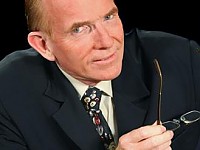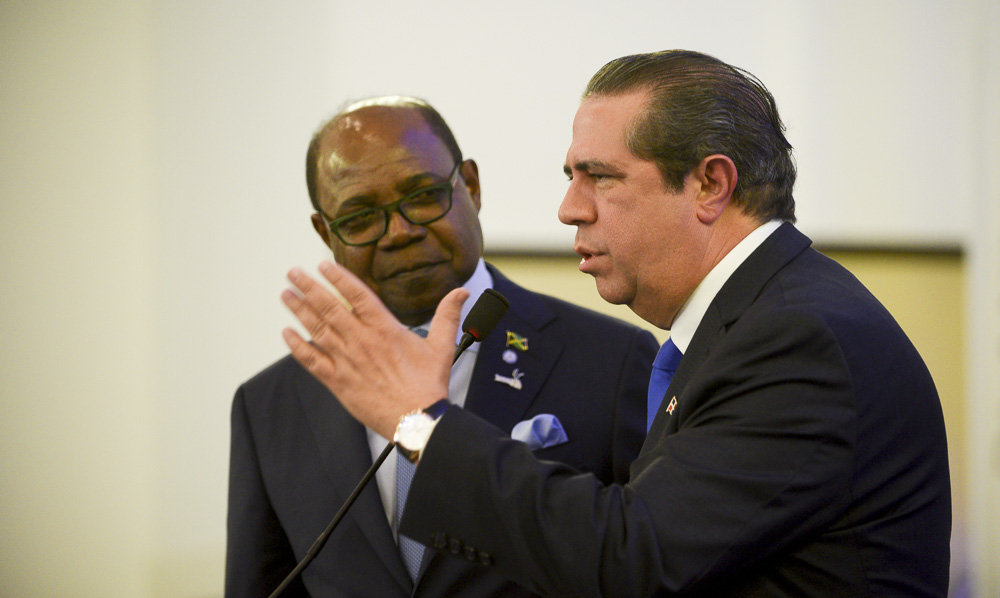This post may contain affiliate links. We may earn money or products from the highlighted keywords or companies or banners mentioned in this post.

Everyone is currently talking about both the demographic change and the acute shortage of specialist and management personnel. However, most of these views are focused on the younger generation. A German study has clarified the role of the best agers in the event industry.
On the occasion of the “Best of Events” trade fair on 20th-21st January 2015, the registered Congress and Seminar Economy Association degefest (German Association of Registered Event Planners) and the Heilbronn Institution of Higher Education presented a study on the role of best agers in the event industry, with the support of the convention specialist Intergerma. In addition, 22 expert opinions of convention and event specialists from the sciences and economics were evaluated throughout the country.
In addition to the analysis of the employment criteria of older workers, the study illuminates seven particular topics. In the chapter “experiences with older workers”, the interviewees praise qualities such as competence, expertise, and experienced working. As such, over half of the experts consulted reported positive experiences with the mature generation. None of those questioned were able to tell of any seriously negative experiences.
As regards “incapacity to work and sickness”, there was no statistical proof that older workers are absent more often than younger ones. Sick reports are therefore not dependent on age, but rather on other factors. In “fields of application”, it is said that older employees have a great potential in many sections of the event industry. Age-related limitations were found only in subject areas that lead to great physical strain or rely on physiological competences.
The fourth category of the study debunks prejudices concerning lack of flexibility, resilience, technical knowledge, and trend awareness; which in practice hardly affect anything. In relation to the question of the flexibility and technical progress of older employees compared to younger employees, it very much depends on the specific area of the employee. Intellectual curiosity is generally not age-dependent, though not every older employee cares to keep up with today’s speeding technological progress. As such, the segment “intergenerational conflicts” discusses the different values of younger and older employees in relation to the stand of knowledge regarding innovative technology. However, generally further education and life-long learning is a very important aspect for the best agers, and is partially a bigger focal point than for the younger colleagues.
The most important finding of the study is that, despite the prejudice towards older employees in the field of the event industry, a cross-generational employee constellation is ideal. The combination of the strengths of both generations leads to the age-related advantages balancing each other out, and cancelling out the disadvantages. In this way, dynamic junior employees can profit from the experience, competence, and high level of networking of the mature specialists. At the same time, the younger generation can contribute fresh ideas with inspiration and creativity, and maybe even break up entrenched structures.
The requirement for the equal contribution of the capabilities of the generations is mutual respect and the will to pass on knowledge. In conclusion, the capabilities of older employees greatly outweigh their weaknesses: Only a few weak points such as limited flexibility and resilience detract from the positive qualities like professional calm, authority, security in decision-making, function as a role model, reliability, and the passing on of knowledge.
“The huge capability for knowledge of the best agers has a particular meaning that is irreplaceable. However, older employees must be prepared to pass on their knowledge to the young ones, and not be led by their existential fears”, explains Jörn Raith, chairman of the degefest association. Bernd Fritzges, Intergerma’s key account manager adds: “The characteristics of the older generation are marked by loyalty, ability to adapt, and assertiveness. These are qualities which the younger generation often lacks. That’s why older employees are a vital part of the team, as well as an important key to work together with young people to build an efficient community of values”.
And Holger Leisewitz, chairman of the registered German association of event organisers explains: “Best agers- risk or potential? Potential, of course! The high level of life and market experience is worth pure gold for companies. The patience and understanding for others fosters intra-cultural co-operation. The bottom line is as follows: transfer of knowledge and experience to the following young generation relies on the basis of trusting co-operation”.











